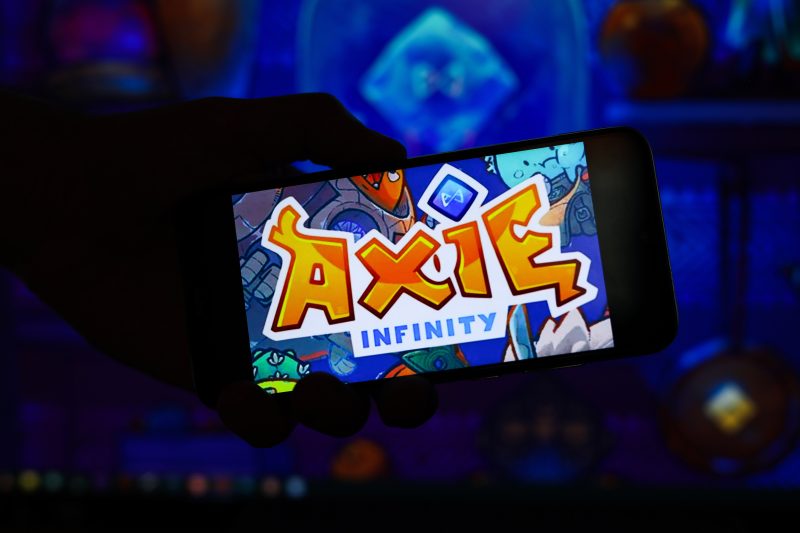The Philippine police has raised alarms on blockchain gaming saying it may be riskier than investing in cryptocurrencies if capitalized by bad actors.
In a new , the Philippine National Police Anti-Cybercrime Group (PNP ACG) says citizens should be wary of the risk of being extorted by gaming models that require them to buy non-fungible tokens ().
“Cybercriminals are now using fake rewards in so-called “play-to-earn” mobile and online games to steal millions worth of cryptocurrency. They do this using custom-created gaming apps that promise huge financial rewards directly proportional to investments to potential targets they’ve established trust with beforehand in lengthy online conversations”
Per the statement, the division stressed the popular play-to-earn model deployed by Axie Infinity and other companies where users earn rewards, usually NFTs as they advance or complete tasks.
The PNG explained that for Axie, a user needs to buy at least three NFTs before they can play which can go as high as $300, or $100 per NFT. The police department took sides with traditional gaming based on cost, low entry, and security.
The PNG lauded blockchain gaming based on the underlying technology and its new drive to reward players but noted that users face the risk of market scammers, and price volatility among others.
“Just because a game’s underlying blockchain is secure does not mean its engine or marketplace is secure,” the statement read.
The department also warned about the non-compliance of most forms of the Anti-Money Laundering (AML) Regulations opening the country to bad actors in the wake of global regulation.
PNG gives recommendations as government plans more adoption
The PNG highlighted more methods of scams including offering rewards that are not in proportion with investments and bad actors building fake relationships to extort their clients.
“Because cryptocurrency is relatively new and not well-regulated, criminals are always looking to take advantage of crypto gamers via hacks and scams.”
The department offered recommendations that include users doing extensive research before investing in digital assets, and use of legitimate exchanges and wallets to keep funds among other ways to identify bad actors.
The country’s Department of Information and Communications Technology (DICT) recently announced a partnership with the Blockchain Council of the Philippines (BCP) to drive the adoption of the technology to solve in society.
Emmy Lou Versoza-Delfin, the Director at the DICT praised the use cases of the technology so far adding that mass adoption will lead to the public good.
“We have seen the rise of innovative blockchain in startups, the success of blockchain-based business solutions, and the birth of the initiative that makes blockchain for public good.”






